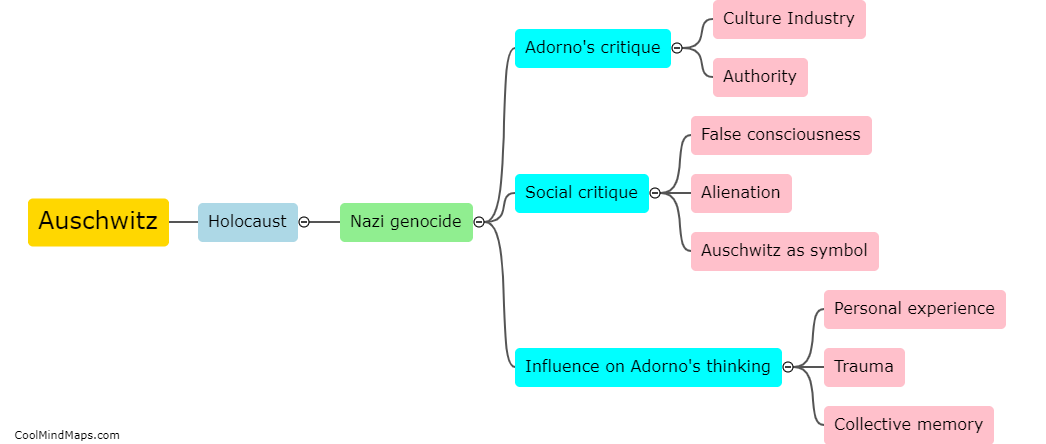What are the main international human rights treaties?
The main international human rights treaties are legally binding agreements that outline the fundamental rights and freedoms that every individual is entitled to. These treaties serve as a framework for countries to protect and promote human rights, and they form the basis for international human rights law. Some of the key treaties include the Universal Declaration of Human Rights, which was adopted by the United Nations General Assembly in 1948, and the International Covenant on Civil and Political Rights and the International Covenant on Economic, Social and Cultural Rights, both of which were adopted in 1966. These treaties cover a wide range of rights including the right to life, liberty, and security of person, the right to equality and non-discrimination, and the right to education, health, and an adequate standard of living. Ratifying and implementing these treaties is crucial in fostering a culture of respect for human rights at the international level.

This mind map was published on 17 October 2023 and has been viewed 96 times.











